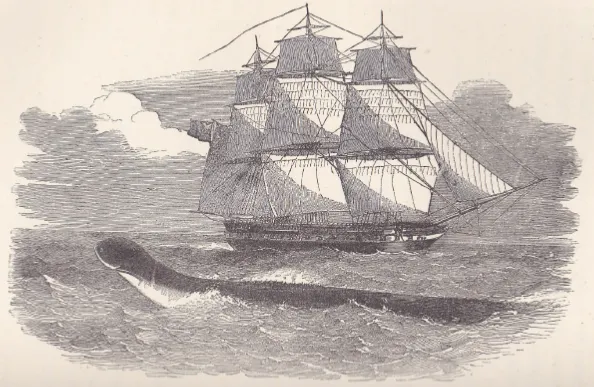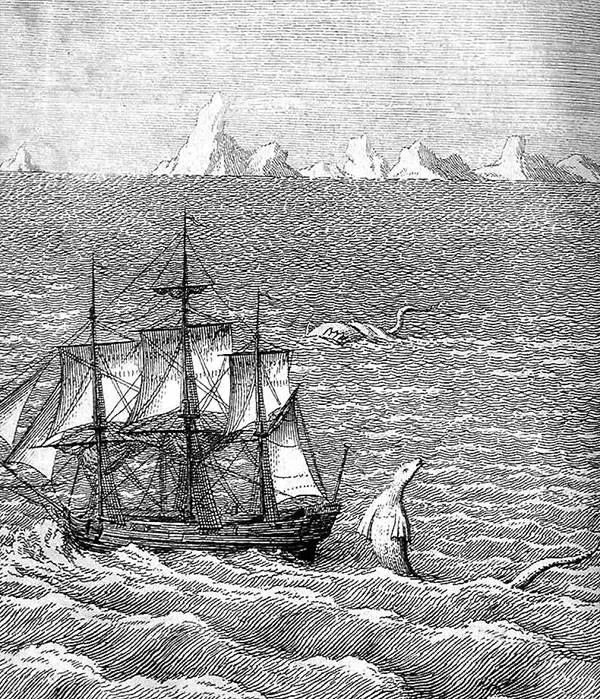A new study suggests that reptile fossil discoveries changed the descriptions of reported sea monster sightings.
Statistician Dr Charles Paxton and palaeontologist Dr Darren Naish found evidence over the last two centuries of a decline in serpent-like monster descriptions and an increase in the proportion of reports of monsters sighted with necks.
This followed 19th century fossil discoveries such as that of Plesiosaurus which has a long neck.
“The problem is an interesting fusion of history and palaeontology which shows that statistics can be used to rigorously test all sorts of strange hypotheses, if the data is handled in the right way,” says Dr Paxton from the University of St Andrews.
The influence of the discovery of ancient reptile fossils on sea monster sightings was first suggested by science fiction author L Sprague De Camp in 1968, but wasn't tested until recently.

The researchers created an electronic database of 1,688 historical reports, including books, newspaper accounts, and first-hand testimonies going back hundreds of years, of 1,543 sighting events omitting known hoaxes.
The reports include a peak between 1930 and 1934 of reports around the world following publicity associated with the Loch Ness monster in 1933.

“The discovery of long-necked marine reptile fossils in the 19th century does appear to have had an influence on what people believe they have spotted in the water,” adds Dr Paxton.